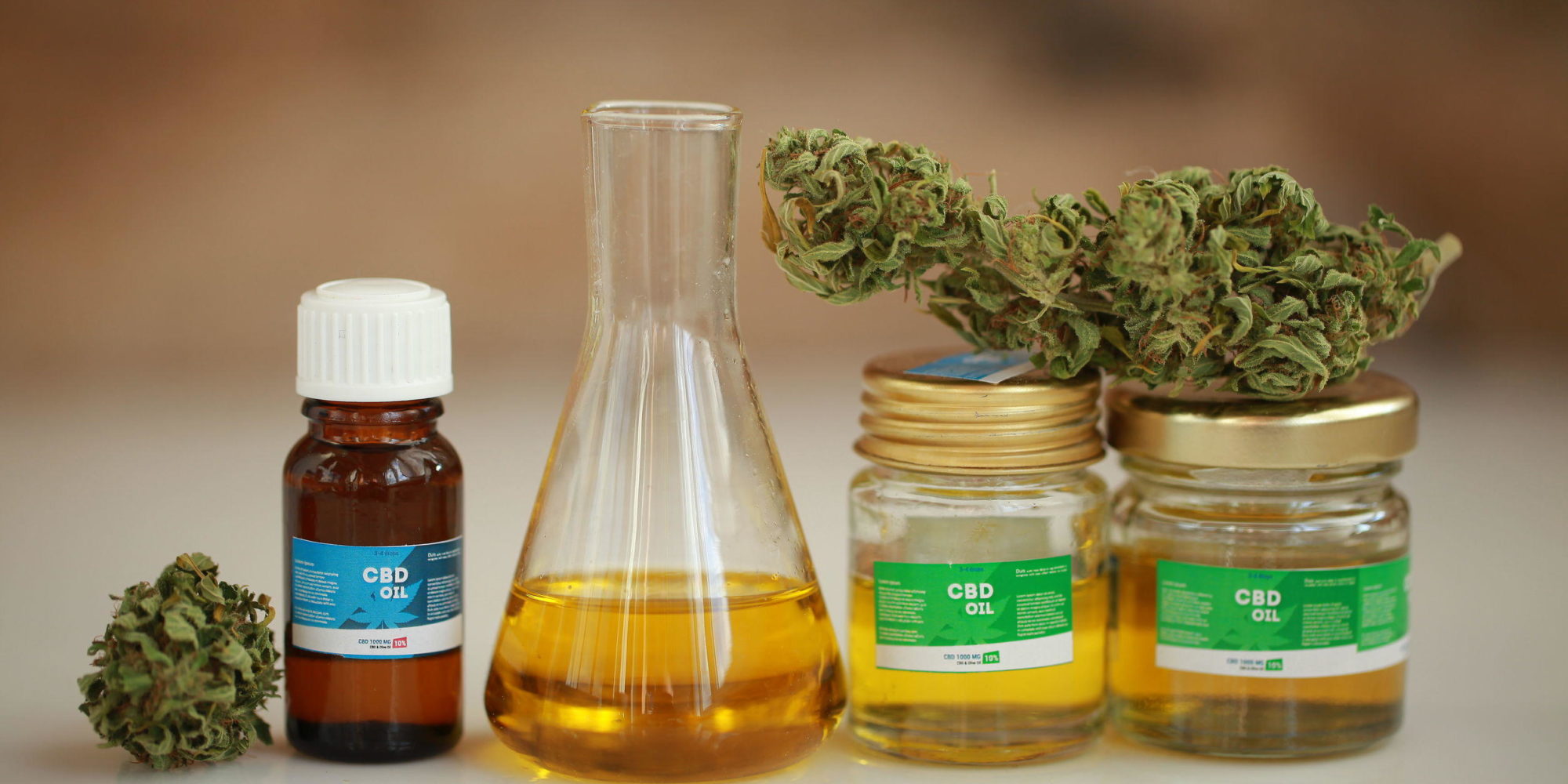11.21.2025
Sausage casings bulletin, November 21, 2025

...

The hemp industry is a rapidly evolving market, but one that is ultimately shaped by policy. Hemp is among the most regulated crops; policy issues can have profound effects on the profitability of a hemp farming or extraction enterprise. Take THC testing as only one element, and we have an issue that creates high levels of risk for producers, and potentially for extractors.
We’re seeing the impacts of THC testing in the 2019 harvest in Wisconsin, where producers with non-compliant crops claim delays on the part of the Wisconsin Department of Agriculture, Trade and Consumer Protection (DATCP) were responsible for higher THC levels. Without other viable avenues for marketing their non-compliant high CBD hemp, this is a total loss.
| Don’t want to wait a month for pricing updates? Sign-up for our daily price guide reflecting hemp pricing and CBD pricing across North America. Learn More |
There are few options for risk mitigation in the industry currently. Federal crop insurance will be available to select producers in 2020, those that are part of a research pilot program and collaborating with a university. Private insurance is currently available, but premiums that cover “hot” hemp will be high, if insurers even offer such protection. Federal crop insurance relies on years of pricing and yield data to develop a sustainable business model for the program, but hemp has little to no historical data in these respects.
Other vehicles for risk mitigation employed by farmers aren’t available for hemp. Hedging is a common strategy used by operators to offset their financial positions in their respective markets. Unlike speculators in the futures market, hedgers forgo financial gains in their futures contracts in order to stabilize pricing of the underlying commodity. Any decline in their futures contracts are offset by the reduced cost to purchase the physical commodity.
As I write this in the middle of October, USDA interim final rules are due imminently. These regulations will address THC testing methods and sampling protocols, providing clear guidance to states, and creating consistency across state lines. This is essential for interstate commerce and transportation, because different testing methods can indicate compliant hemp under the .3% THC limit in one state, while testing non-compliant in another state utilizing a different process. Hemp producers must have confidence in the federal status of their crop if they are to take advantage of arbitrage opportunities.
Other policy issues affecting the markets for hemp and CBD derivatives are dictated by the federal Food and Drug Administration (FDA), and the U.S. Senate. The FDA has issued oblique guidance for CBD markets, publicly stating that while CBD is not legal to include in food and beverages, the agency only intends to pursue manufacturers or distributors that make therapeutic claims in their marketing. This position has encouraged the development of CBD infused beverages in particular, with product lines rolling out from Molson Coors and AB InBev for the Canadian markets. Overall activity in this segment in the U.S. is stalled, awaiting a clear regulatory path. The FDA has issued warnings to a number of companies with health claims on their websites, packaging, or other marketing materials.
The U.S. Senate is due to hear arguments on the SAFE Banking act that cleared the house by a vote of 321-103. Industry observers are mixed on whether the Senate will pass the measure, which will provide protections to financial institutions when they’re working with cannabis companies, both marijuana and hemp. It seems as though hemp’s future continues to be intimately tied to its “illicit cousin”, as Senate Majority Leader Mitch McConnell (R-KY) likes to refer to high THC cannabis. His leadership in the hemp space has been key, and the fate of this bill will be dictated by McConnell and his caucus.
All of these issues together will have impacts on 2020 hemp pricing, and also CBD pricing in the wholesale markets. How far we progress in resolving these issues in the remainder of 2019 and the coming year remains to be seen, but we continue to see strong support from lawmakers in encouraging the FDA and USDA in their policy development. All eyes are on the federal government to bring clarity to these markets, reducing risk for operators, and freeing up demand for hemp and CBD.